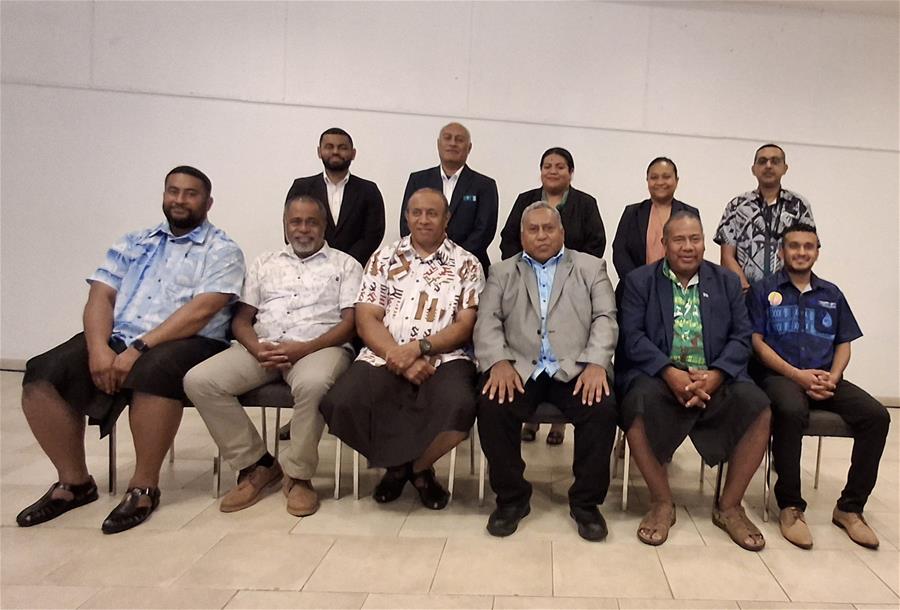SUVA, Fiji (11th July 2025): Minister for Public Works, Meteorological Services & Transport, Honorable Ro Filipe Tuisawau today reminded Ministry staff on the vital responsibility placed on the Ministry to deliver in the next financial year 2025 2026.
Addressing senior officials and staff at the Ministry’s Planning Workshop today, including WAF, FRA, MSAF and LTA, Minister Tuisawau urged all Departments and Divisions under the Ministry to work collaboratively in executing set plans and implementing allocated budget within agreed timelines in the next financial year.
The primary objectives of this workshop was to:
* Conduct a comprehensive review of the Ministry’s 2024/2025 budget performance, including both operational and capital expenditures;
* Identify key challenges and propose remedial measures to improve budget execution;
* Initiate the development of essential planning documents, namely the Strategic Development Plan and the Annual Costed Operational Plan; and
* Present updates on the 2024/2025 Budget Implementation and outline major initiatives for the 2025/2026 financial year.
* While assessing the Ministry’s performance in the 2024/2025 financial year, Minister Tuisawau said the Ministry had utilized 93% of the total budget under Head 40 with the remaining 7% is a concern.
Important Clarification to $50m Unutilized Reported in Media
Minister Tuisawau clarified that the $50M is not all unutilized as such. He clarified that of this $30M is with Statutory Authorities especially WAF and FRA which are rolled over for ongoing projects and commitments while the balance included works done by PWD and other Departments for other Ministries and charged to those Ministries. The ongoing PWD reform will resolve this. Part of the balance include unreleased funds so actual Ministry unutilized is approximately $9M to be exact for various reasons including circumstances beyond our control such as weather and others including inefficiencies or blockages within which is what this workshop is working to resolve and not repeat for the 2025 26 Budget.
Minister Tuisawau said that this is also why the workshop is critical as it will assist the Ministry in planning better for the next financial year and ensure inefficiencies and blockages don’t happen.
He commended the Government, through the Ministry of Finance, for the increase in the 2025/2026 budget which demonstrates continued support and confidence in the Ministry.
The proposed budget allocation stands at $800 million, representing an increase of $79 million, or 11%, compared to this financial year 2024/2025.
“I urge all Heads of Departments to utilize this allocation judiciously, ensuring that all planned activities are executed efficiently and effectively. We must start now with documentations etc and not wait for actual funds disbursements”, Minister Tuisawau said.
He added that it is equally important to uphold principles of good governance, ensure timely delivery, and maintain high standards of quality in all outputs.
Minister Tuisawau reminded the staff on the functions and the important role that the Ministry plays in national development.
“We are at a critical juncture in our national development journey.
“The challenges we face—ranging from ageing infrastructure and population growth to urbanization, climate change, and environmental degradation—require a renewed focus and a strategic approach to budget implementation.
“As the Ministry responsible for the backbone of national infrastructure, the safety of our skies and seas, and the resilience of our communities through meteorological services, our role is central to Fiji’s development and security.
Minister Tuisawau concluded that execution and delivery on the ground is critical to not only enhance infrastructure development but effective and efficient services to the people on the ground and having real impact in improving the quality of life on a daily basis for all citizens.
